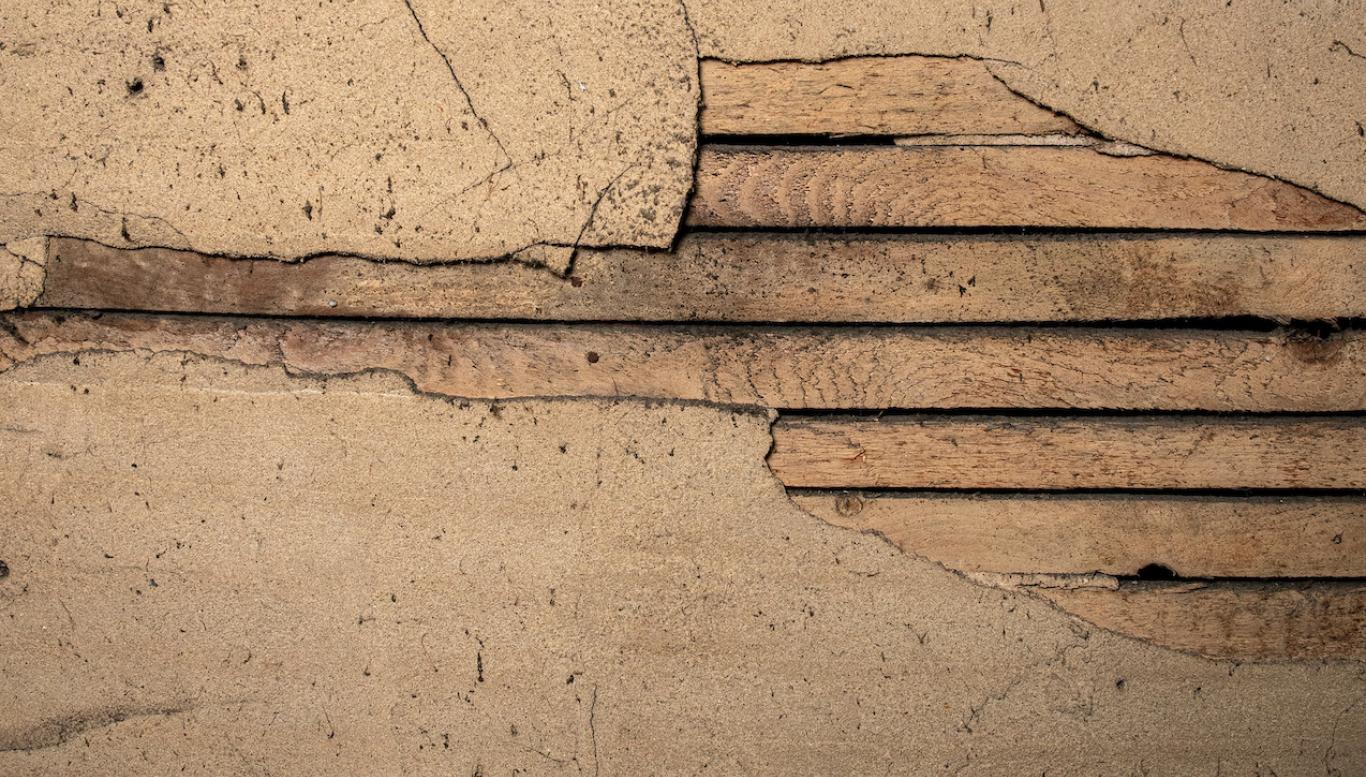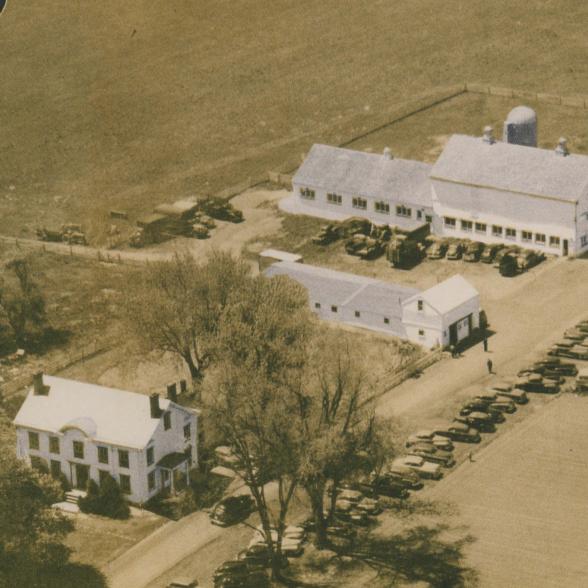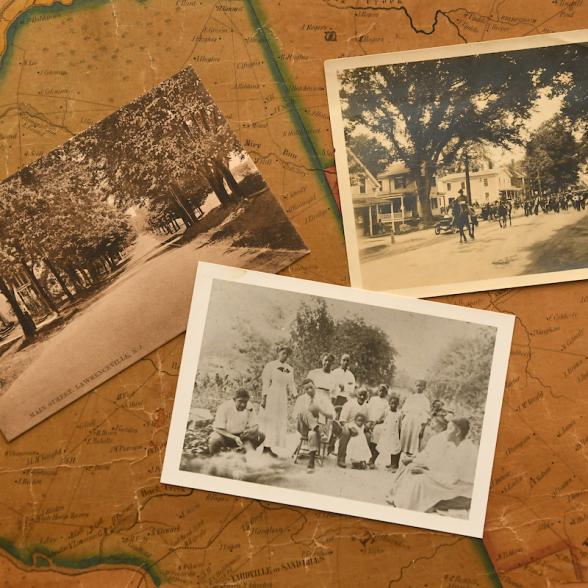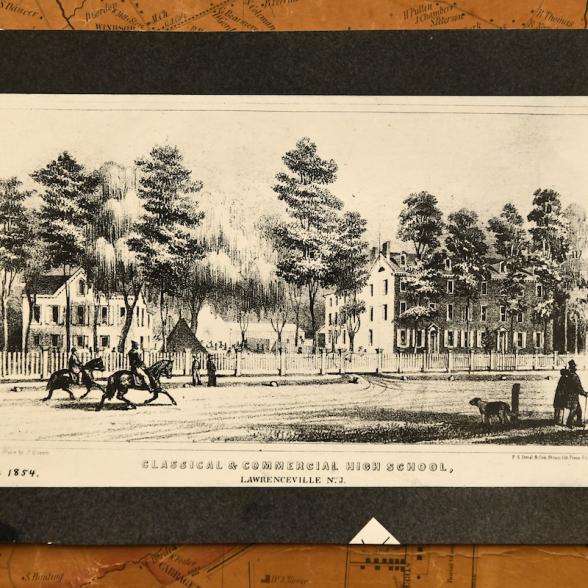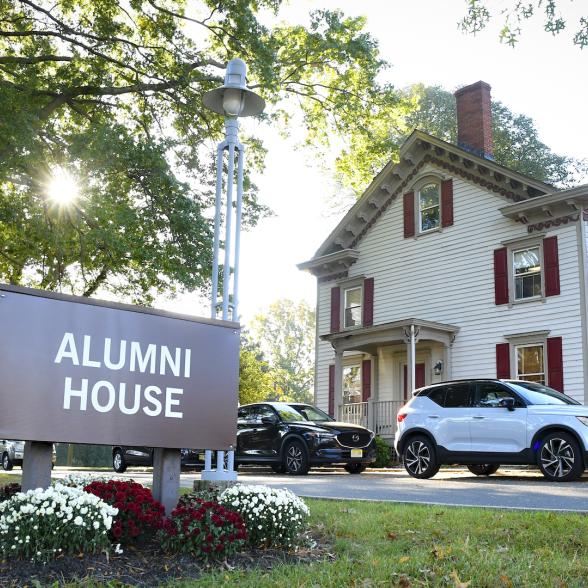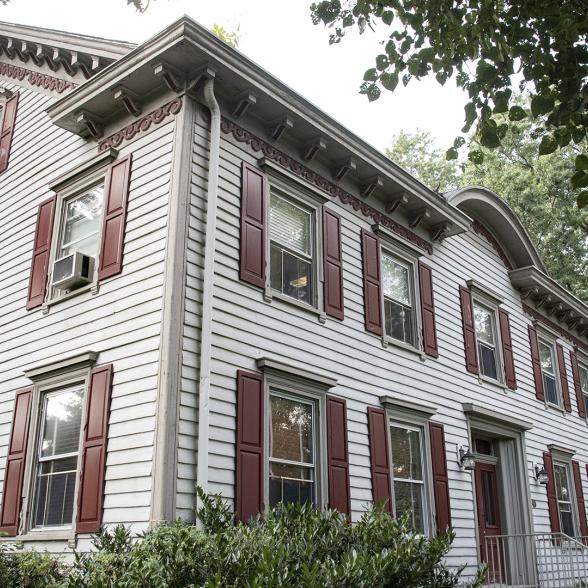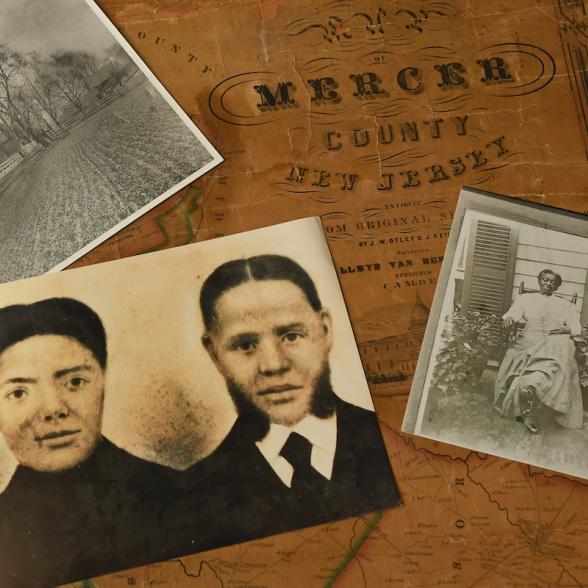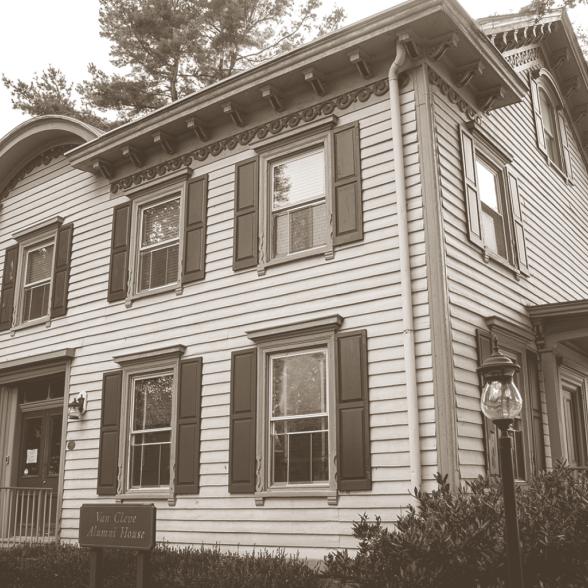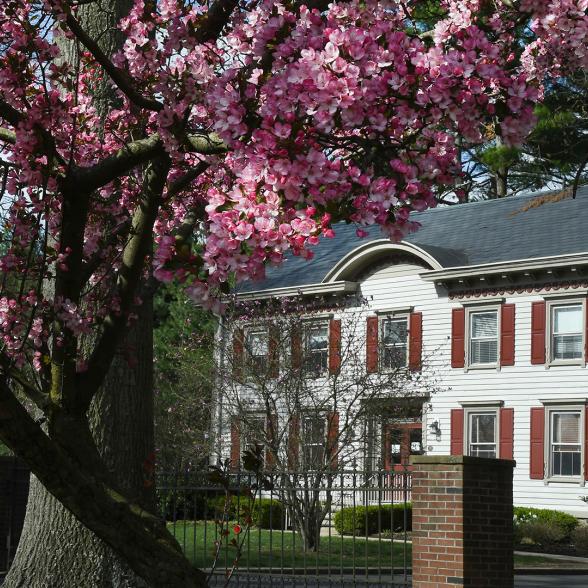The Task Force on Rider and the History of Slavery
Comprised of students, faculty, staff and alumni, the Task Force on Rider and the History of Slavery has been charged with researching the University’s history in respect to its relationship and connection with slavery and enslaved people, and recommending a comprehensive response to the University to recognize and educate around this past.
